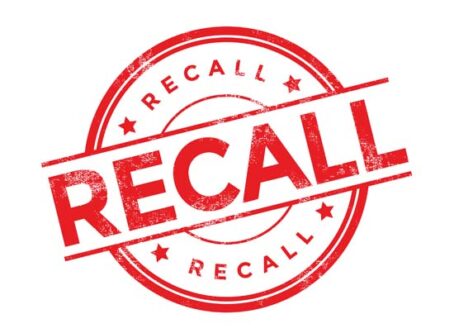Senators suggest giving hydrogen fuel a kick-start boost
Hydrogen fuel could get a sizeable boost if legislation again introduced in the Senate gets traction.
The Hydrogen Infrastructure Initiative is a package of four bills to support the adoption of hydrogen in energy-intensive sectors. One of the four bills directly addresses using hydrogen to fuel long-haul tractor-trailers and another focuses on using fuel at port facilities.
Sens. Chris Coons (D-Del.) and John Cornyn (R-Texas) on March 2 reintroduced the four bills. It has been referred to the Committee on Commerce, Science and Transportation.
Signing on as co-sponsors are Sens. Ben Ray Lujan (D-N.M.), Bill Cassidy (R-La.), John Hickenlooper (D-Colo.), Lisa Murkowski (R-Alaska), and Martin Heinrich (D-N.M.).
Last year, Coons and Cornyn introduced a three-part Hydrogen Infrastructure Initiative that lacked the big truck component.
Hydrogen fuel has the potential to be versatile, and it doesn’t emit greenhouse gases at the point of use, explains a one-page description from the Coons. The only byproduct is water.
“Unlocking the full potential demand for hydrogen will require strong efforts over the next decade in end-use applications where hydrogen is positioned to play a fundamental role – particularly in heavy industry, heavy transport, and shipping – to ensure they are ready to deliver emissions reductions at scale as soon as possible,” explains the one-page brief.
The four bills of the Hydrogen Infrastructure Initiative:
- The Hydrogen for Trucks Act would require the secretary of transportation, in consultation with the secretary of energy, to establish a grant program to demonstrate the performance and reliability of heavy-duty fuel cell vehicles that use hydrogen as a fuel source. The legislation is expected to lower cost barriers and reduce risk for fleet operators interested in adopting hydrogen-fueled vehicles by providing data and benchmarks, thereby incentivizing private investment and accelerating demonstration and deployment.
- The Hydrogen for Ports Act would require the secretary of transportation to establish a grant program to demonstrate the use of hydrogen- or ammonia-fueled equipment at ports and in shipping applications. Ports are well-suited to be early adopters of hydrogen fuel, the senators contend, with multimodal transportation applications converging on a single location that can share hydrogen infrastructure at scale.
- The Hydrogen for Industry Act is intended to support commercial-scale demonstration projects for end-use industrial applications of hydrogen fuel, including in the production of steel, cement, glass and chemicals.
- The Hydrogen Infrastructure Finance and Innovation Act would create a pilot financing program to provide grants and flexible, low-interest loans for retrofitted or new hydrogen transport infrastructure, storage projects, and refueling stations. The bill also requires a study to address outstanding questions related to transport and storage of hydrogen and an assessment of jurisdiction over siting, construction, safety and regulation of hydrogen transport infrastructure.
A hydrogen leader
Engine maker Cummins Inc. has been a leader in using hydrogen fuel for tractor-trailers. Last year, Cummins introduced a 15-liter hydrogen engine and announced collaborations with Freightliner and Werner Enterprises. It also announced an electrolyzer plant in Fridley, Minn., to produce hydrogen fuel. It also has plants in Belgium and Mississauga, Ontario, Canada. LL









